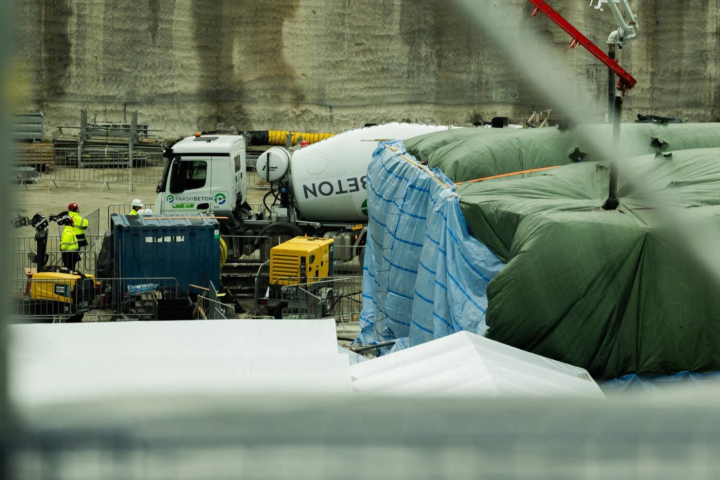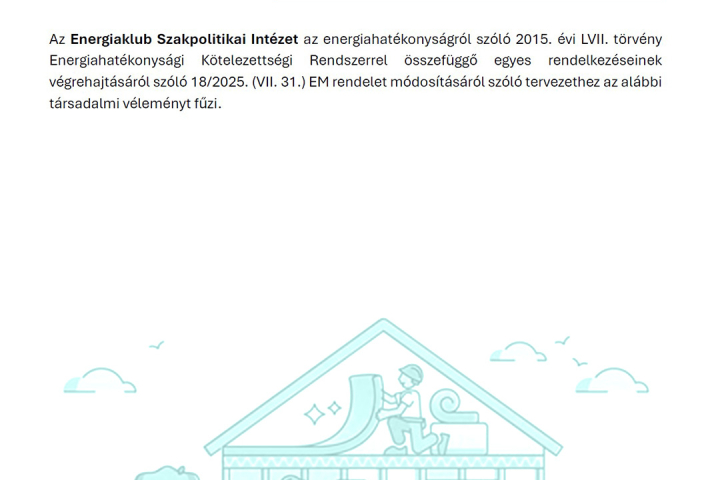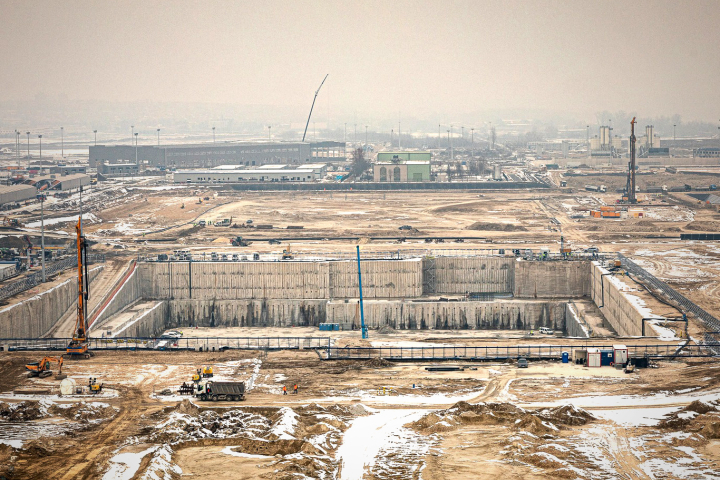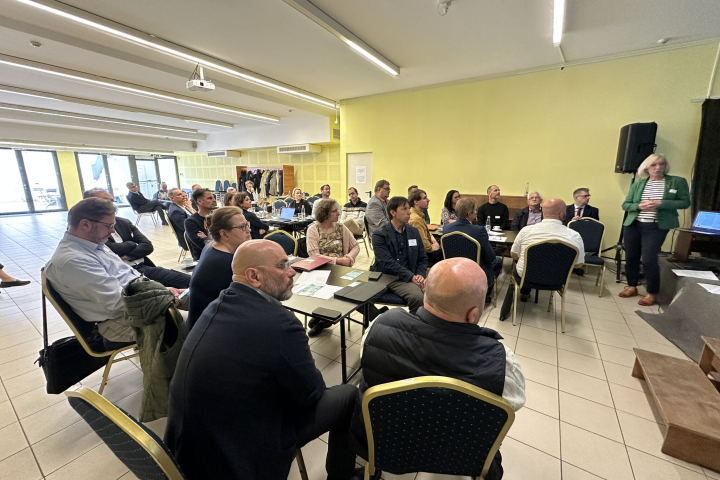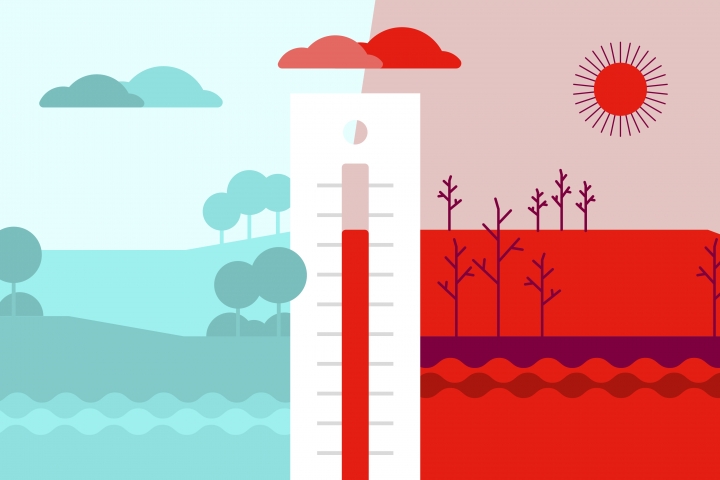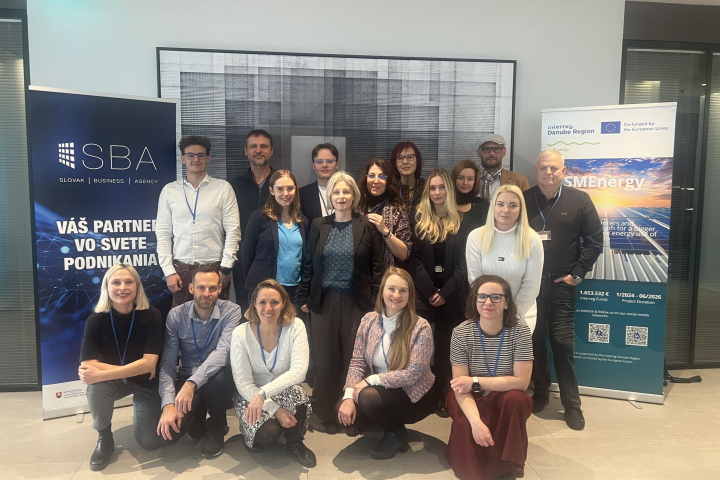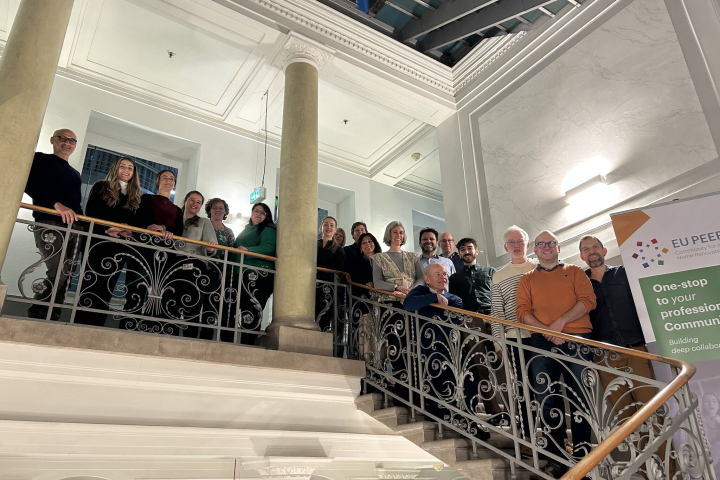Nuclear Energy: Transferring Problems to Eastern-European Countries
After the speech of Energy Commissioner Mr. José Manuel Barroso, the president of the European Union held yesterday, 22nd May 2008 on the European Nuclear Energy Forum in Prague, we have to express our greatest concerns about the elements favouring nuclear energy in the speech.
We do not share the presidents view concerning the role that nuclear energy can play in the implementation of the “20-20-20 by 2020” EU-plan, aiming to reduce CO2 emissions. By taking seriously the three pillars of the EU energy policy (competitiveness, security of supply and sustainability), it cannot be seen how nuclear could match these requirements. Due to the ageing of the reactor fleet and the lack of new orders, the installed nuclear capacity is decreasing and there are no signs of changes in this trend. The economic problems that caused the decline of the nuclear industry are clearly demonstrated by the example of the fifth Finnish reactor, Olkiluoto-3, where the costs have been rapidly growing since the start of the construction. Taking into account this current status of the worldwide and European nuclear industry, there is no chance that nuclear can revive without illegal state aid.
Beside economic problems, the nuclear option can also due to other reasons and limitations (e.g. manufacturing bottlenecks, fuel supply) not play a determining role in combating climate change. The same amount of money spent on energy efficiency and renewables could much more effectively result in lower GHG emissions.
Meanwhile the nuclear lobby is preparing its comeback in the Western EU countries, the first steps can, however, be witnessed in the new member states, where the nuclear industry has been active in the last couple of years. The aim to finish outdated and mothballed Soviet-design reactors shows that the nuclear industry tries to survive at whatever cost. Moreover, the process endangers the above mentioned three pillars of the European energy policy, especially due to the possibility that the prohibition of giving state aid on a liberalised energy market will be broken down.
For further information, please read our position paper n°4: Nuclear Energy: Transferring Problems to Eastern-European Countries
